Jenny Mikakos sidelined after overseeing COVID-19 bungles
Victorian Health Minister Jenny Mikakos is coming under pressure over her role in the state’s failed coronavirus response.
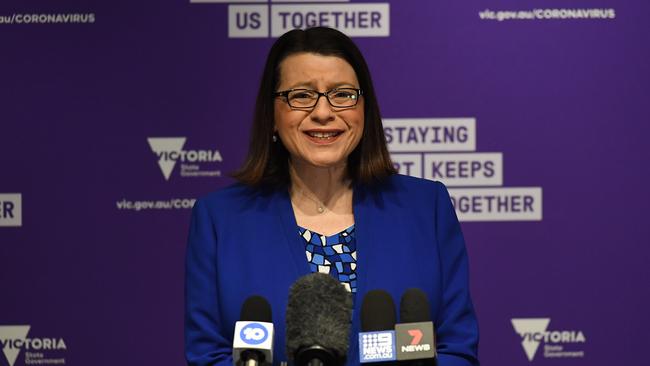
A noticeable drop in Victorian Health Minister Jenny Mikakos’s engagement with her caucus colleagues has fuelled speculation about her political future.
Senior Labor sources said the number of caucus briefings by Ms Mikakos had declined noticeably in the past few weeks, coinciding with a steep fall in public appearances with Premier Daniel Andrews.
MPs said Ms Mikakos had not been briefing caucus for about three weeks after having been heavily involved in engagement with Labor MPs from the start of the pandemic.
“She’s gone into hiding,” a colleague said.
Ms Mikakos was regularly by Mr Andrews’s side from March but this has diminished in the wake of the hotel quarantine fiasco and contact tracing problems.
Some Labor MPs and figures believe Ms Mikakos, whose public and operational performance over the six-month coronavirus pandemic has been criticised, has been deliberately sidelined. “She is intimately involved in the two major problems; hotel quarantine and contact tracing,” one source said.
“Both are her responsibility. And they are the two biggest f..k-ups in the history of the state, and she’s at the top of both.’’
A Labor MP told The Australian it “feels like” Ms Mikakos has been usurped and Mr Andrews has taken out an insurance policy to prevent a repeat of the hotel quarantine and contact tracking debacle. But they said there had been no obvious blow-up that confirmed she was in the freezer.
“It feels like Jenny has been isolated but you can’t be certain,” the MP said.
Responding to the internal criticism on Thursday, Ms Mikakos said: “I’ve appeared in front of media for the large majority of this year, including this week — however, most of my work is done outside media conferences.
“Every day I am working hard with the Premier, my cabinet and parliamentary colleagues and the public health team to fight this pandemic.”
Another senior colleague said it was difficult to determine the Premier’s view of his factional ally because it was not his style to distance himself from cabinet ministers in party forums unless there was a scandal to deal with. “It’s not clear-cut — he ices people out,” another senior Labor figure said.
Ms Mikakos was widely seen to have been over-promoted when elevated to the health portfolio.
The appointment by Mr Andrews was criticised by many MPs and was seen as a reward to a factional supporter rather than the best candidate for the job.
The last press conference Ms Mikakos attended was on Sunday, when Mr Andrews unveiled his reopening road map. However, the Health Minister did not speak at the almost two-hour briefing.
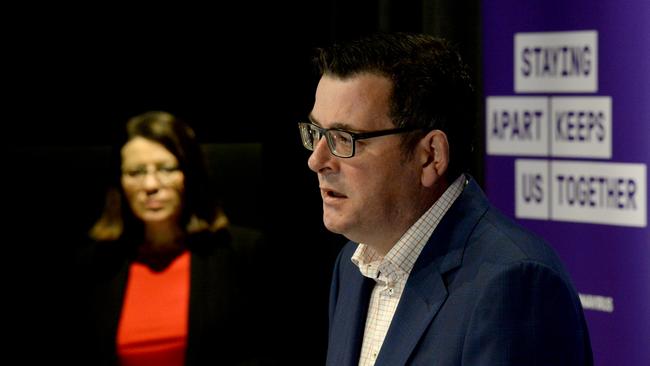
The last press conference at which Ms Mikakos had a speaking role was on August 25 when she unveiled a plan to protect health workers from coronavirus, following almost 2800 infections in Victorian health workers by that date — a number that has since increased to almost 3400.
She appeared at a press conference the previous day and been present at press conferences at least weekly and sometimes three times a week in previous weeks.
Ms Mikakos notoriously claimed that the worst cluster of Victoria’s first wave of the pandemic — 111 cases at abattoir Cedar Meats — had been handled “absolutely perfectly”, despite well-documented contact tracing failures.
On August 8, she issued a series of late-night tweets saying she had “put every ounce of energy” into the pandemic effort, and “If that wasn’t enough, I’m deeply sorry.”
Former public transport tsar Jeroen Weimar appeared alongside Mr Andrews at his press conferences on Tuesday and Wednesday as the newly appointed deputy secretary for community engagement and testing, explaining recent contact tracing improvements in a communication role that would previously have been publicly performed by Ms Mikakos.
Mr Weimar was appointed to his new job last month. Prior to that, the UK-born boffin had served as CEO of Public Transport Victoria for more than five years.
Additional reporting: Tessa Akerman, Rachel Baxendale

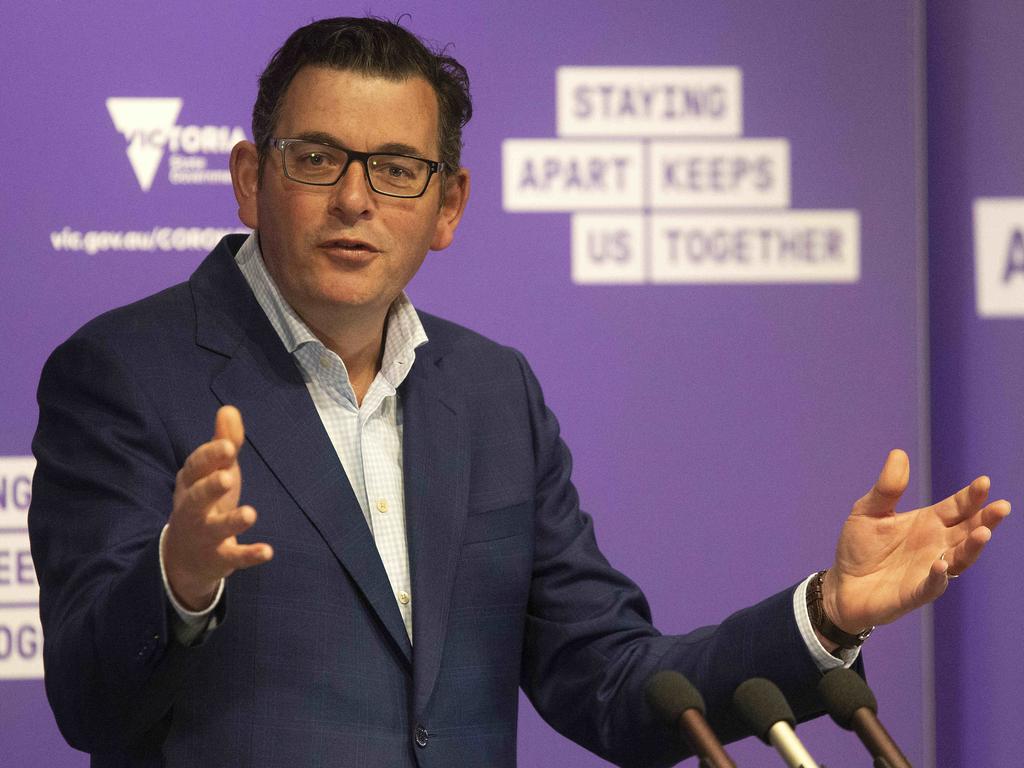
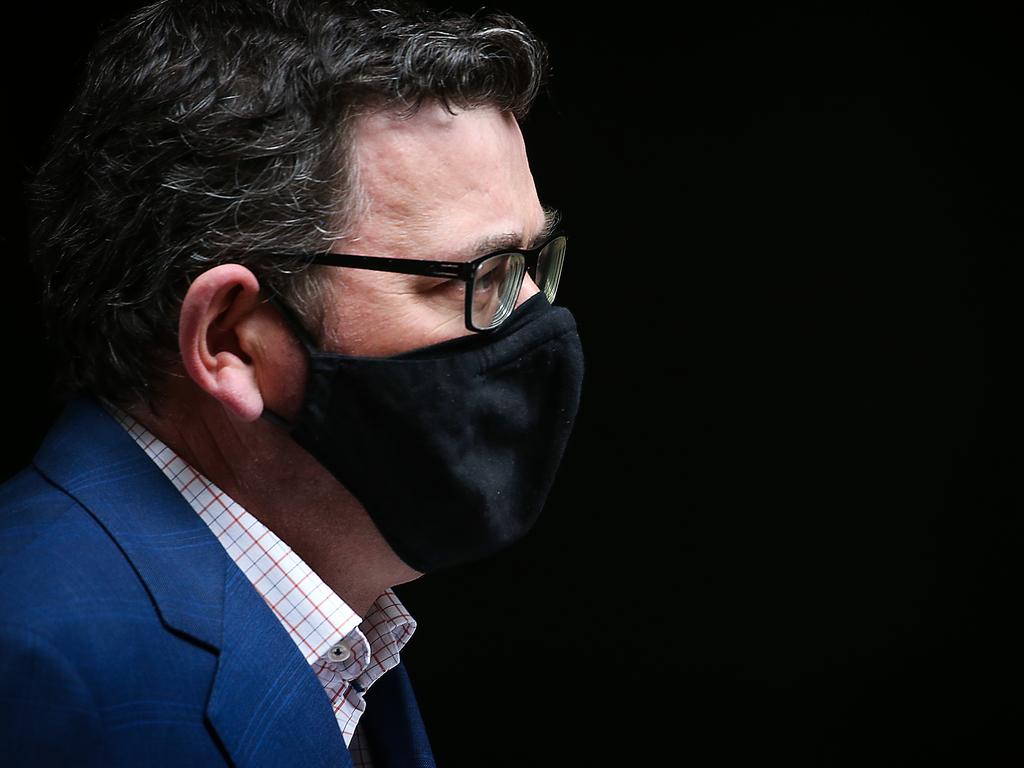
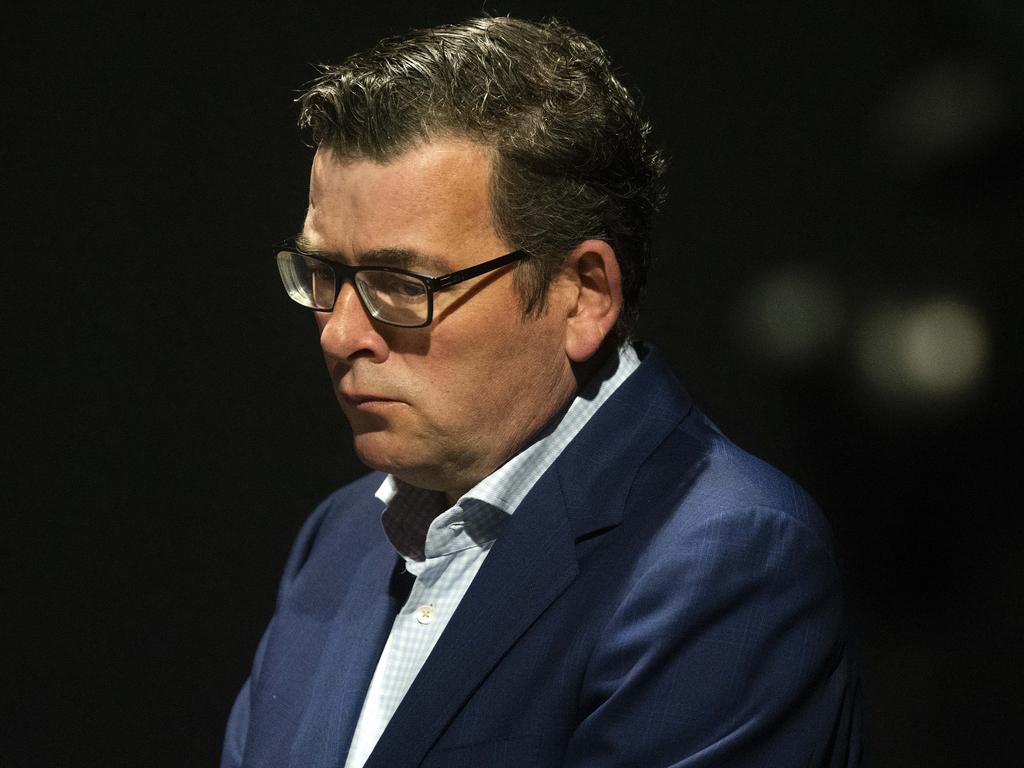
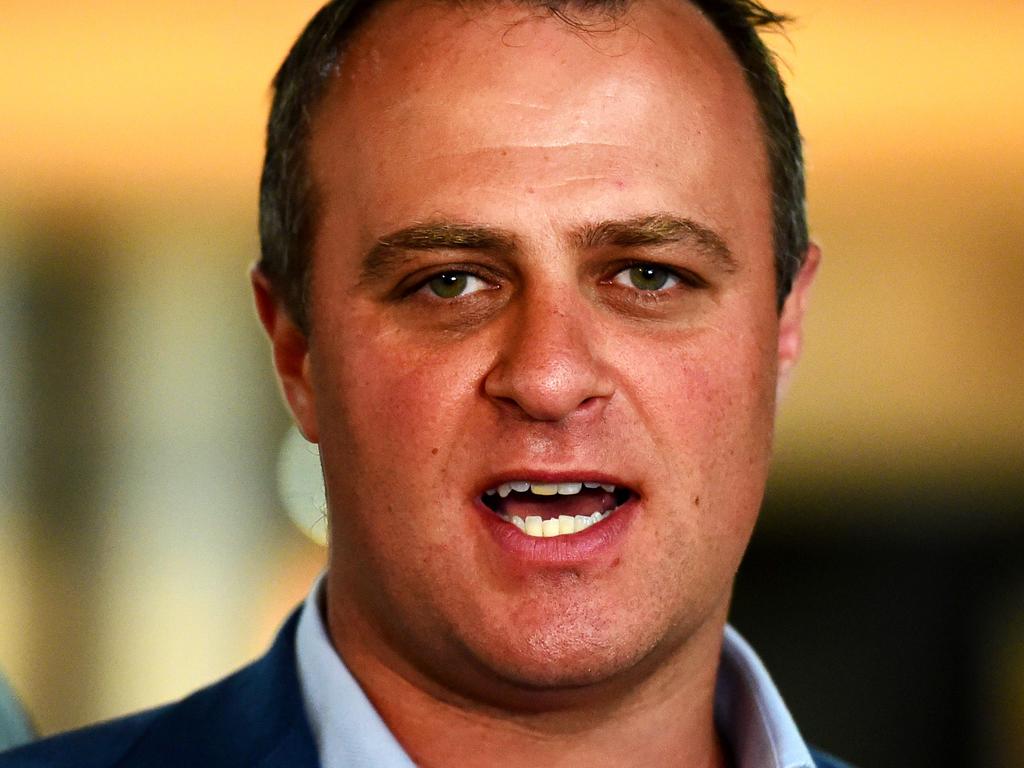


To join the conversation, please log in. Don't have an account? Register
Join the conversation, you are commenting as Logout